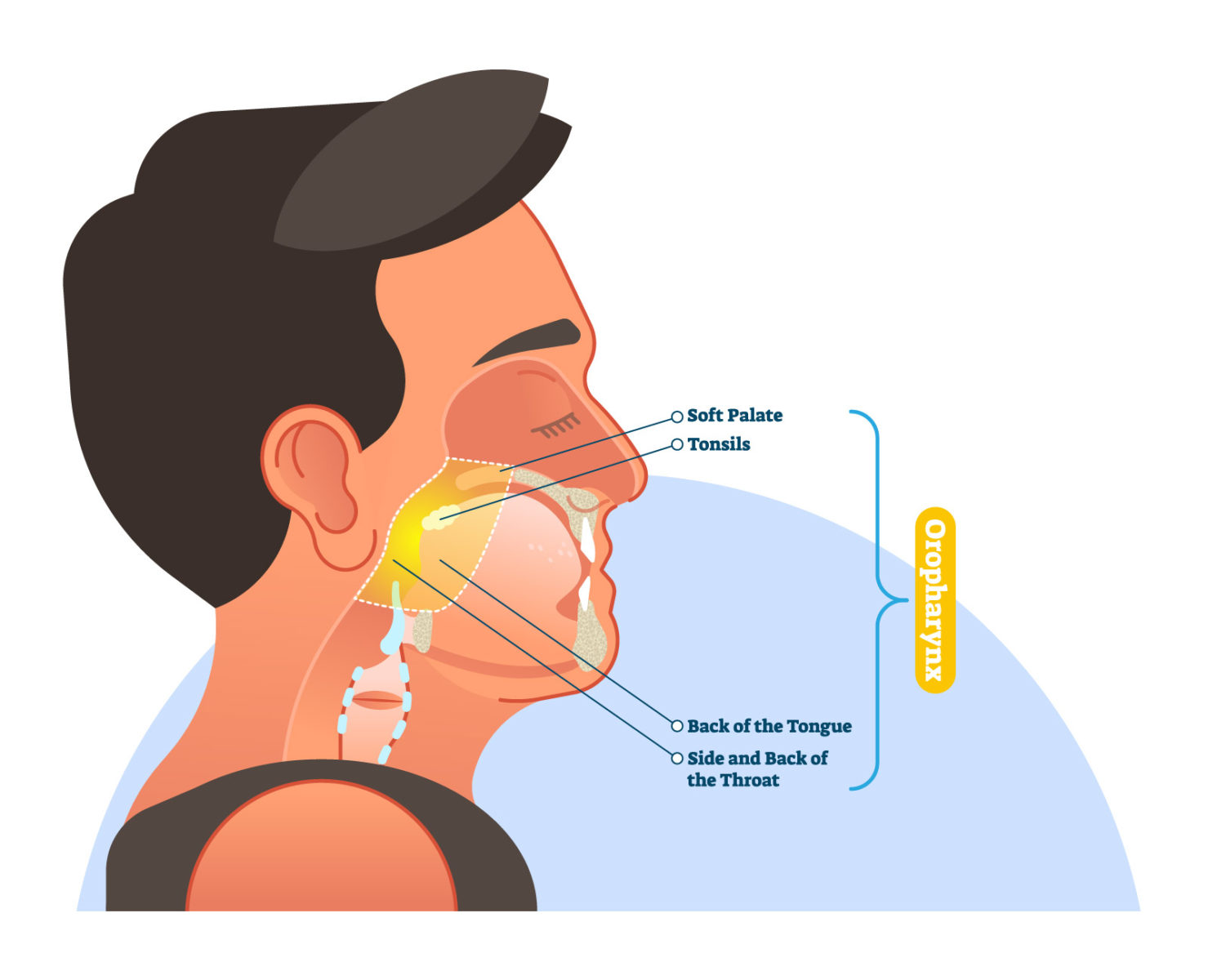
What Is a Tonsillectomy?
A tonsillectomy involves removing the tonsils surgically. Tonsils are glands in the back of the throat that produce infection-fighting white blood cells. This procedure is most commonly performed on children.
When Is a Tonsillectomy Recommended?
Although tonsils are designed to fight infection, they’re often susceptible to infection. Tonsillitis occurs when the tonsils become infected and inflamed, causing a range of symptoms:
Doctors typically recommend a tonsillectomy when a patient suffers from:


How Is a Tonsillectomy Performed?
Tonsillectomy surgery is a common outpatient procedure performed in either a hospital or another surgical facility that typically takes less than an hour to complete. The ENT will put you under a general anesthetic and remove your tonsils using surgical instruments. Once you wake from the anesthesia, you can head home the same day.
4 Benefits of Getting a Tonsillectomy
If you’re wondering whether getting a tonsillectomy is worth it, consider these benefits:

How Should I Prepare for a Tonsillectomy?
Our ENTs recommend completing the following checklist before heading to the medical facility for your tonsillectomy:





